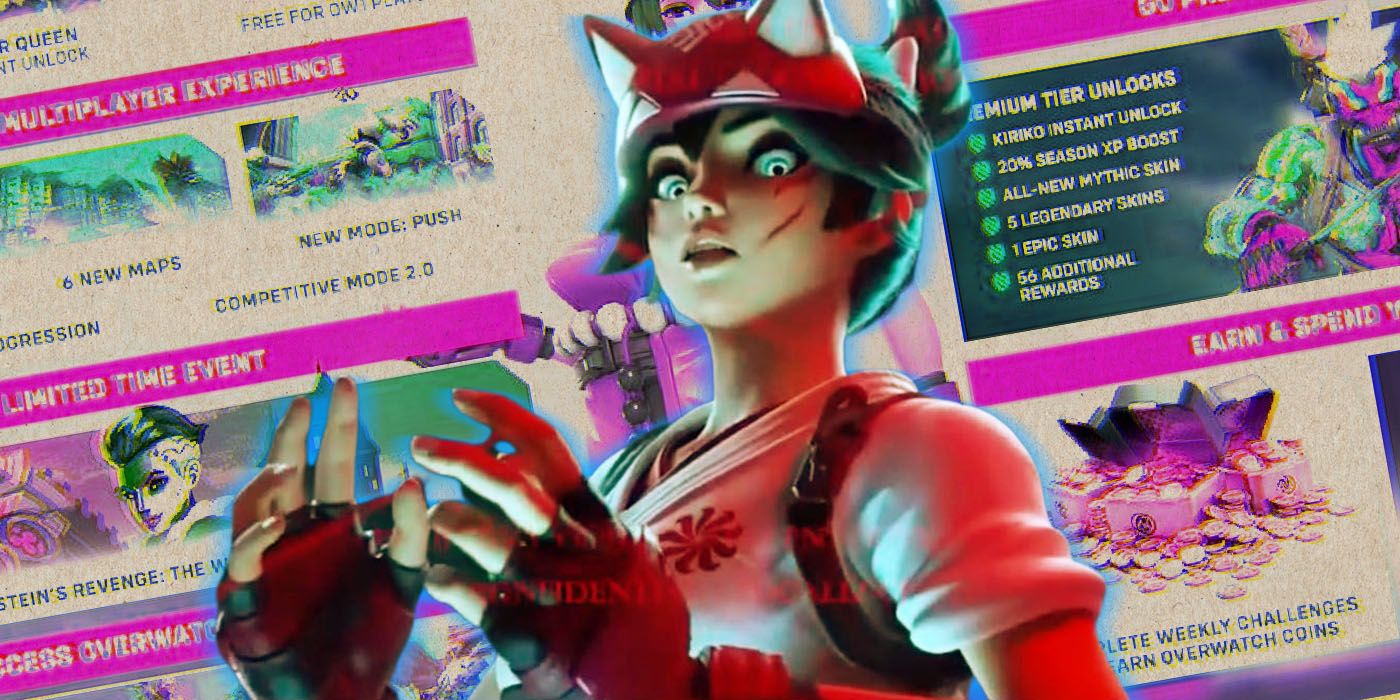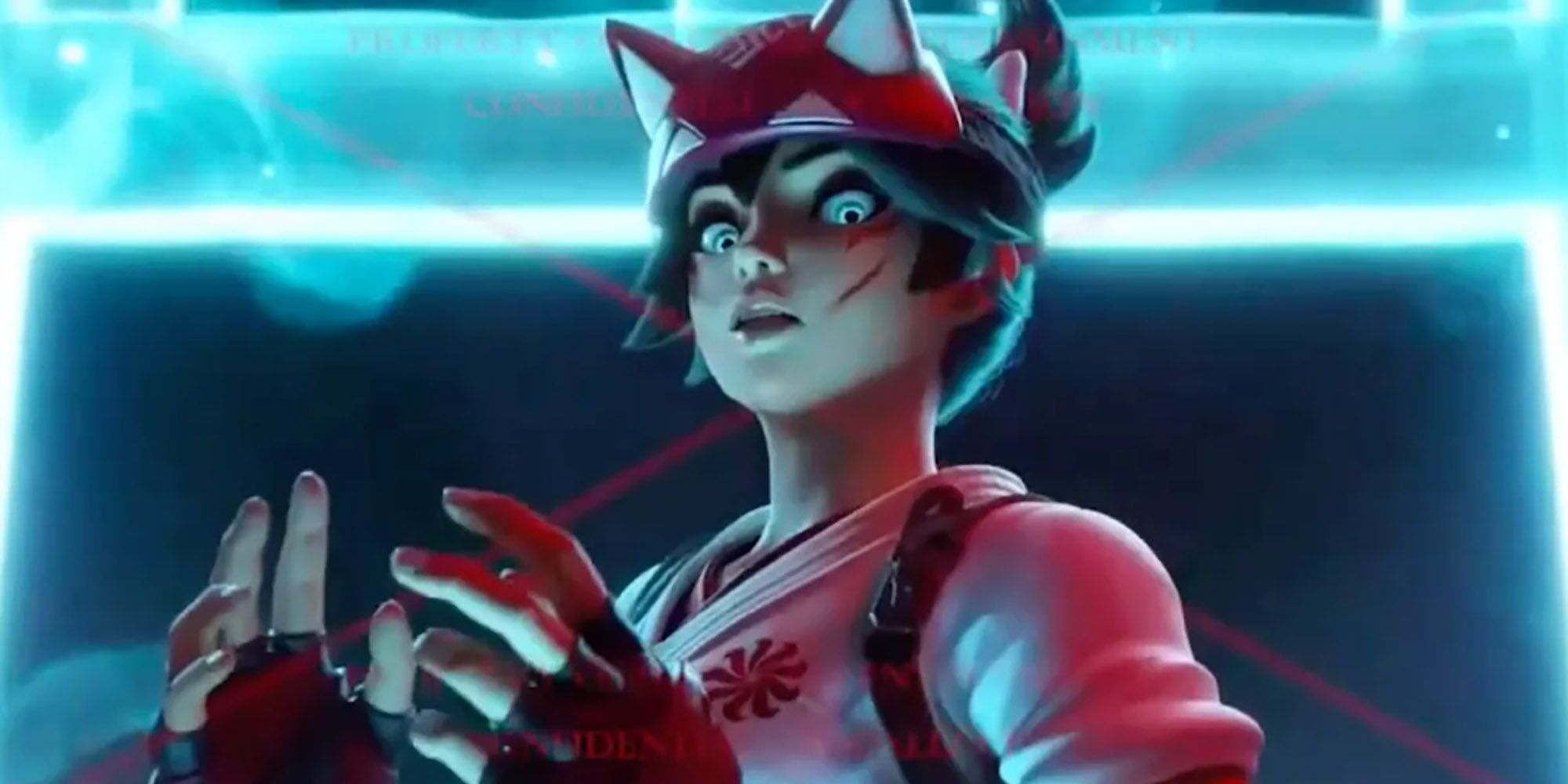There has been a recent trend with live service and multiplayer games introducing limited events or seasons, and not in the form of a DLC pass. They are short-term events or goals to be reached within a limited time period that provide players with rewards. The idea is to always have something new for players to do, whether it's an FPS like Apex Legends or an MMORPG like World of Warcraft. It gives those committed to a game something to show off to fellow players. However, it also causes some problems for those who just want to enjoy a game without the FOMO hanging over their heads.
Seasonal and limited rewards are gated, not just behind progress but time as well. This means if players want those rewards, they need to be constantly playing and progressing in a game or lose out. It takes the leisure and fun out of playing a game and makes it a chore. A fun night playing Destiny with friends becomes a slog to earn the current season's rewards before they disappear. It can have adverse effects on gamers and isn't great for gaming in general except for those on the business side who count numbers rather than fan appeal as success.
This can push gamers to play more than they perhaps should, leading to the much-debated gaming addiction, just to get those limited rewards. It can also create a somewhat elitist view, seeing other players without progression rewards as not being good at a game. World of Warcraft increasingly suffers from this particular problem. Faction and other progression methods are purposely locked behind timers to keep players coming back to complete repetitive tasks while mounts in high-end raids tend to go away when new content arrives. It creates a rift between those who play constantly and those who play at their own leisure. In Overwatch 2, there are even characters locked behind seasonal rewards, which can cause an imbalance in gameplay.
Seasonal and limited-time rewards are made to keep players in a game using FOMO rather than by having compelling content. It's fine if the rewards cycle, but that's not often the case. It's a cheap gimmick that makes gaming more of a chore, with players thinking they have to play a certain game before rewards disappear rather than because they actually want to. The issue is appearing more and more in games as a microtransaction for time, and it's something that needs to be tempered before it becomes a new norm.


